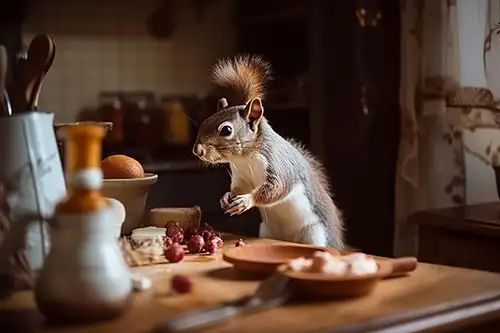Corporate Office:
20 Corporate Park Drive, Suite 150
Pembroke MA 02359
Cambridge, MA Office:
2534 Massachusetts Ave,
Cambridge, MA 02140
November 11, 2025

Chipmunks may look cute and harmless as they scurry through your yard or garden, but when they get too close to your home, they can become more than just a charming sight. While chipmunks don’t pose a direct threat to humans, their behavior and burrowing habits can lead to unexpected problems for homeowners.
Chipmunks love to dig tunnels and store food underground. Unfortunately, their burrows can weaken soil around foundations, patios, or walkways, causing small structural issues over time. They may also nest near basements, crawl spaces, or garages, especially as temperatures drop in fall.
If they find a way inside, chipmunks can chew on wires, insulation, and wooden beams, creating fire risks and costly repairs. And while they’re not typically aggressive, cornered or frightened chipmunks may bite or scratch if handled.
Though rare, chipmunks can carry ticks, fleas, and other parasites that spread diseases such as Lyme disease. Their droppings can also contaminate stored food or surfaces if they enter your home. Keeping them outdoors—and away from entry points—is key to preventing these risks.
Here are a few steps homeowners can take to reduce chipmunk activity:
If you’ve noticed increased chipmunk activity around your home, Secured Environments Pest & Wildlife Services can help. Our experts provide safe, humane, and effective chipmunk removal solutions that protect both your home and local wildlife.
Contact Secured Environment Pest & Wildlife Services today to schedule an inspection and keep your property chipmunk-free this fall!
*are required fields